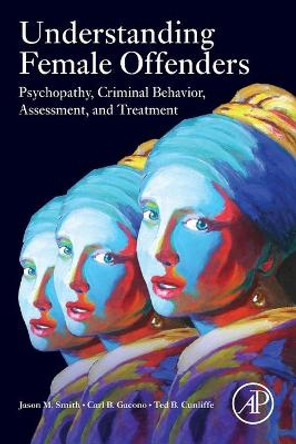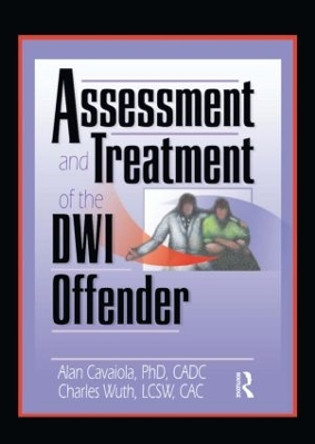Description
Over the course of 19 chapters, readers learn about offenses generally committed by youth, why they commit such offenses, and how to prevent or control criminal and delinquent behaviors. The chapters provide broader understanding of what takes place-or what should take place-in the post-adjudication and prosecution phases of youth offenders. Through the medical lens model, readers learn about the roles played by protective, risk, and needs factors; how to use classification tools to effectively assess youth offenders; the difference between legal and clinical offenders; and social, economic, and political factors that can contribute to delinquency.
Assessment and Classification of Juvenile Offenders is an ideal resource for courses in criminal justice, criminology, social work, psychology, and sociology.
About the Author
Abu Mboka is an associate professor of criminal justice at California State University, Stanislaus. While earning a B.Sc., B.A., M.A., and Ph.D. from Arizona State University, he worked for three years in adult correctional facilities and for seven years in juvenile facilities, where he was assigned to violent offenders, sex offenders, and substance abusers. Dr. Mboka's research interests include criminal justice assessment and classification; institutional responses to incorrigibility, delinquency, and criminality; ways in which shared beliefs and practices inform collective and individual behaviors; criminological theories; and international criminal justice systems.
Book Information
ISBN 9781516515233
Author Abu Mboka
Format Paperback
Page Count 286
Imprint Cognella, Inc
Publisher Cognella, Inc
Weight(grams) 667g
Dimensions(mm) 279mm * 215mm * 15mm







